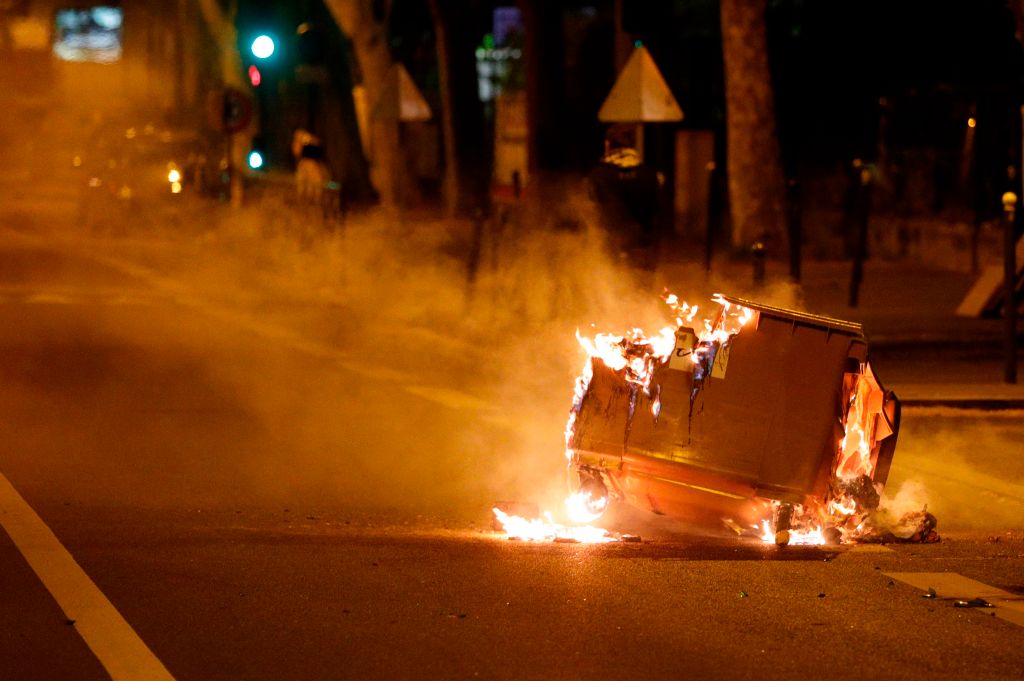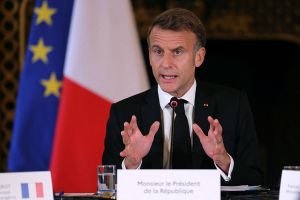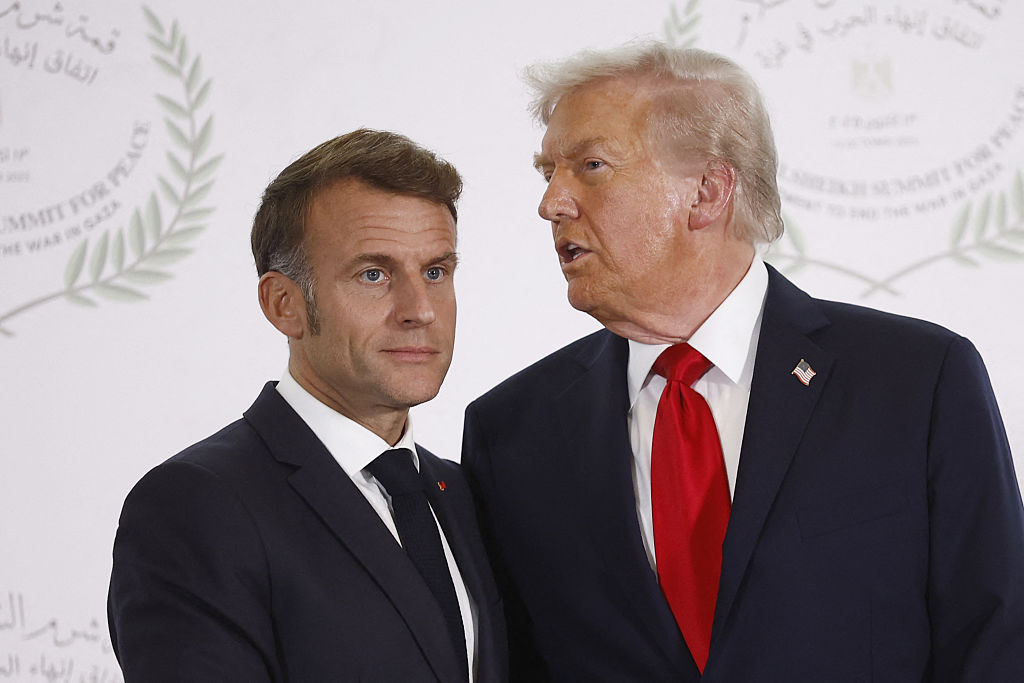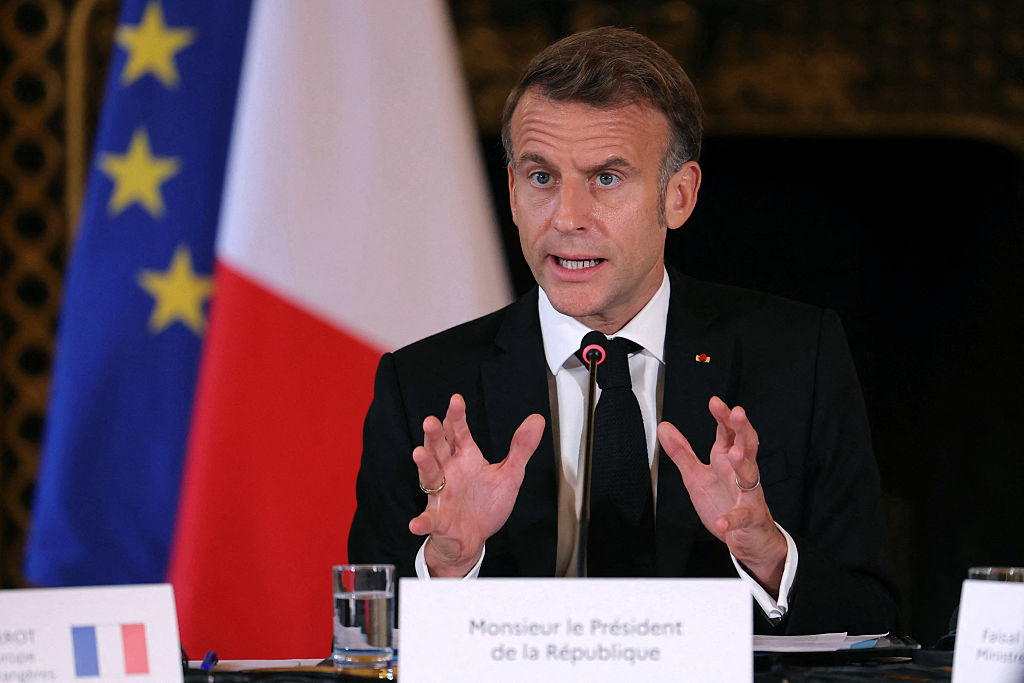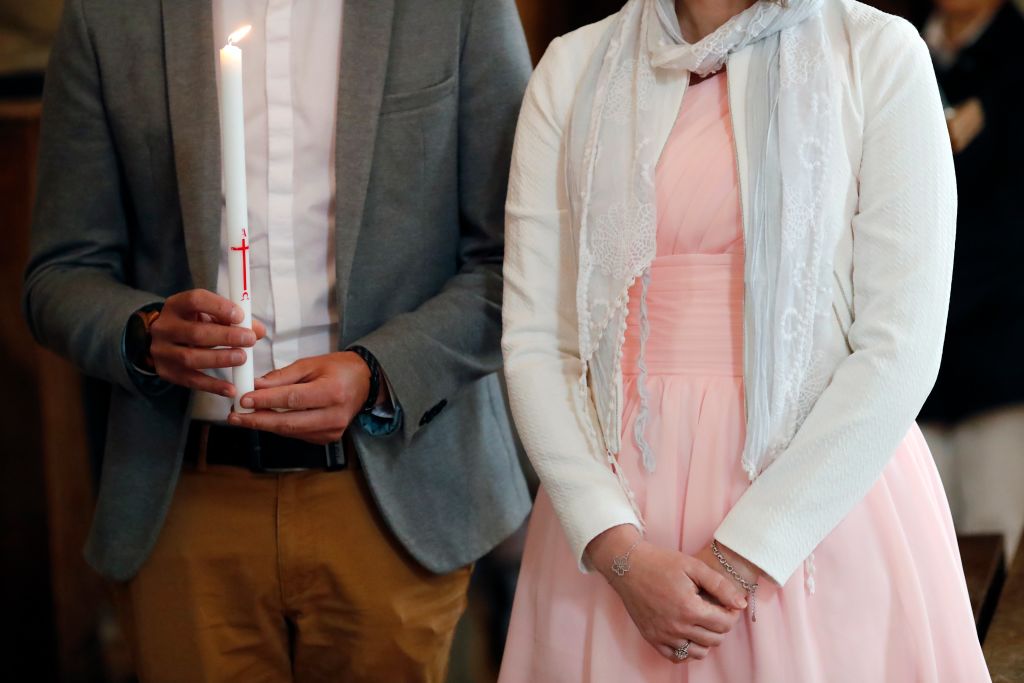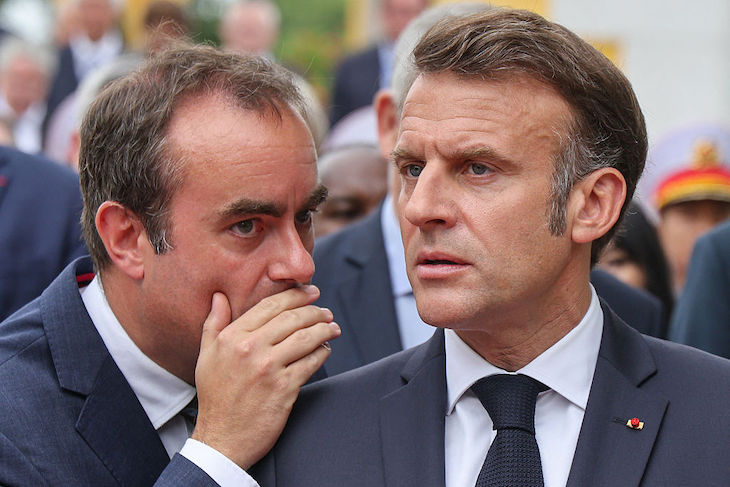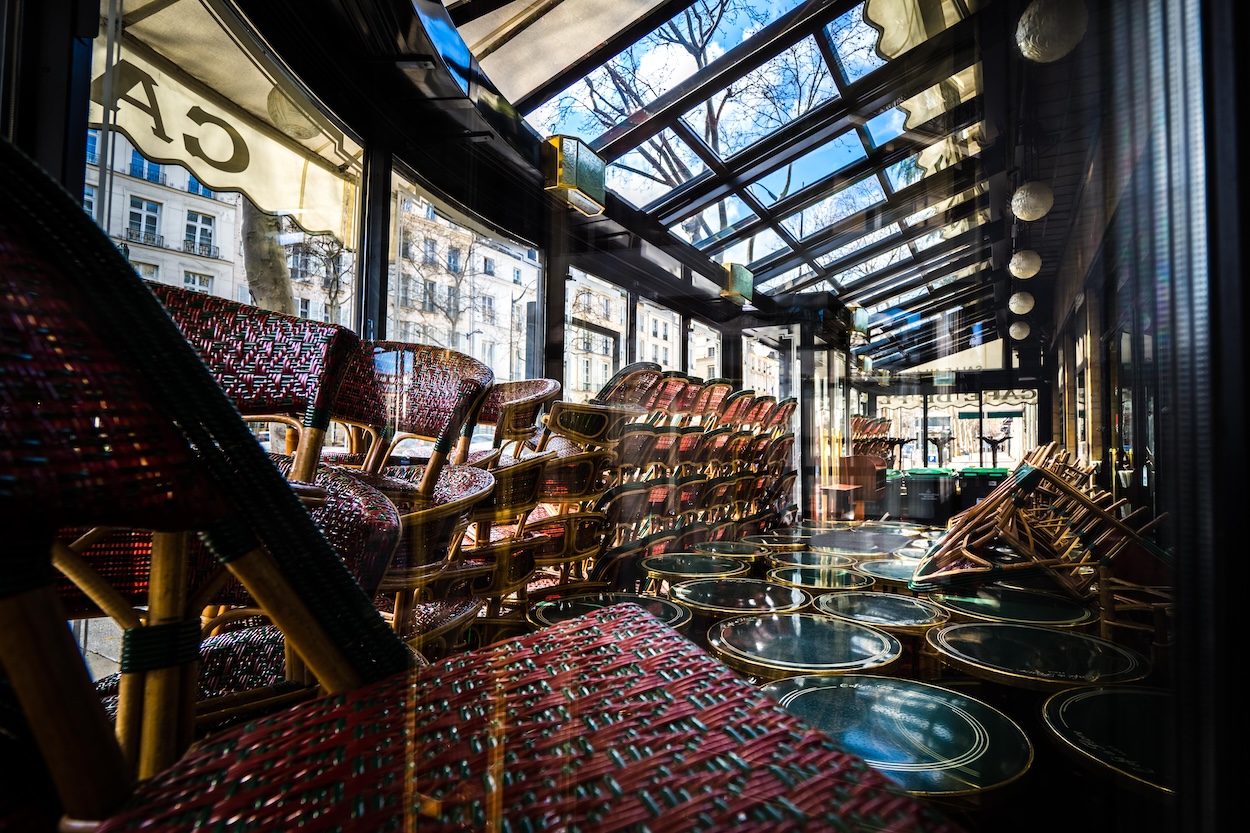One of the persistent misconceptions of the riots that swept through France in the fall of 2005 is that they were solely the result of the deaths of two youths as they ran from the police. The deaths of the teenagers on October 27 in Clichy-Montfermeil provoked unrest in the northeastern Parisian suburb but it was what happened three days later that led to three weeks of nationwide riots and the declaration of a state of emergency by the then president of France, Jacques Chirac.
According to Gilles Kepel in his 2015 book, Terror in France: genesis of the French Jihad, it was a stray tear gas grenade fired by police that landed close to the entrance of a mosque that lit the touch paper. ‘The sight of the faithful suffocating, seized by panic, revived a weakening mobilization and in a matter of days stretched it across the majority of inner-city estates,’ wrote Kepel.
The memory of that fall 15 years ago still haunts the French political class. Not just because of the €200 million ($216 million) worth of damage caused, but because of the political consequences.
At a local level, says Kepel, Islamists exploited the riots to lay the foundations of a political movement that has grown steadily ever since. Nationally, the winner of the 2005 riots was Nicolas Sarkozy, interior minister at the time, who two years later was elected president having siphoned off seven percent of the vote from Jean-Marie Le Pen’s National Front. In the 2002 presidential elections, Le Pen had stunned France by reaching the second round but Sarkozy stole much of his thunder during the 2007 campaign — he described the rioters as ‘riff-raff’ — and his hardline image won over many right-wing voters.
In terms of social cohesion Sarkozy’s presidency was a disaster. He disappointed his right-wing supporters by proving to be all talk and no action, and his rhetoric so alienated France’s six million Muslims that 86 percent of them voted for François Hollande in the 2012 election. The five years of Hollande’s socialist government was even more disastrous for the country than Sarkozy’s, prompting a disenchanted electorate to vote for Emmanuel Macron in 2017.
Macron’s fear is that in the coming weeks there could be a repeat of the riots of 2005. Last Saturday in Villeneuve-la-Garenne a man reportedly known to the police broke his leg when his motorcycle collided with the open door of an unmarked police car stopped at a red light. Locals say the door was opened deliberately, an allegation denied by the police, who say the man was driving without a helmet. The Human Rights group SOS Racisme have demanded a full investigation, calling on the police to show restraint ‘in this time of confinement and tensions.’
Such comments play into the hands of Marine Le Pen’s National Rally who, from the start of the confinement on March 17, have accused the government of turning a blind eye to young men flouting the confinement rules in some suburbs. On Tuesday Le Pen demanded the ‘neutralization of the riff-raff’ defying the confinement. The word she used was ‘racailles’, the same one uttered by Sarkozy all those years; surely not a coincidence.
There have now been four successive nights of rioting following the arrest of the man, unrest which has spread to four other Parisian suburbs, and Yves Lefebvre, the leader of one of the major police unions, has warned that the situation could escalate. ‘It may get very difficult,’ he said. ‘If tomorrow we’re confronted by widespread urban violence, we would have trouble keeping on top of it unless a curfew was put in place, and the army called in to help enforce it.’
There have been persistent calls by a few right-wing commentators in France over the years to send the army into these ‘lost territories’ in order to take back control from the Islamists and drug gangs.
***
Get three months’ free access to The Spectator USA website —
then just $3.99/month. Subscribe here
***
The tension is likely to increase in the next month during Ramadan, which starts on Thursday evening. Muslim organizations in France have called on their country’s faithful to observe the fast in accordance with the confinement rules, and most will, but in some of the more volatile inner-city estates Ramadan could be seen as a convenient way to challenge the rules. The riots of 2005 also took place in the fasting month.
All it will require is one moment of indiscipline from the police — a stray tear gas canister or an aggressive arrest — and the banlieues could once more burn across France.
This article was originally published onThe Spectator’s UK website.



